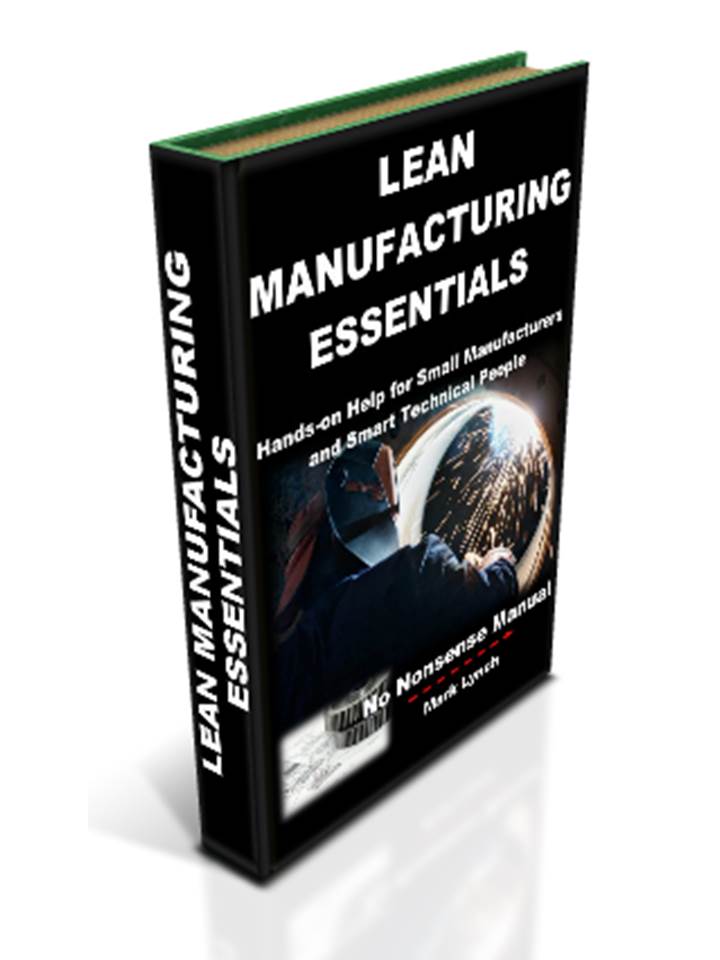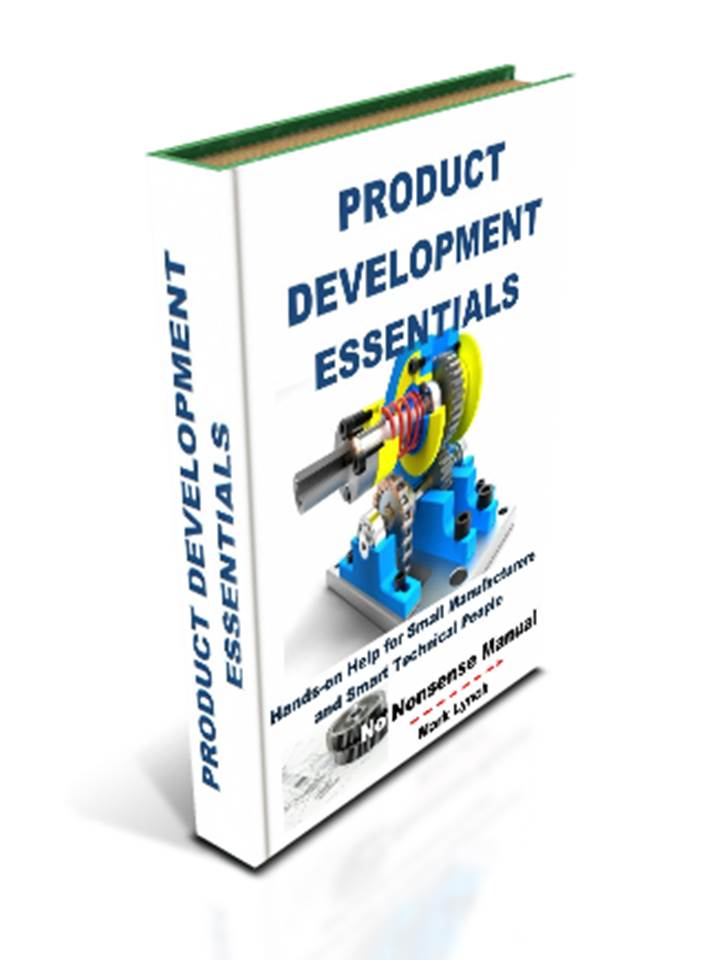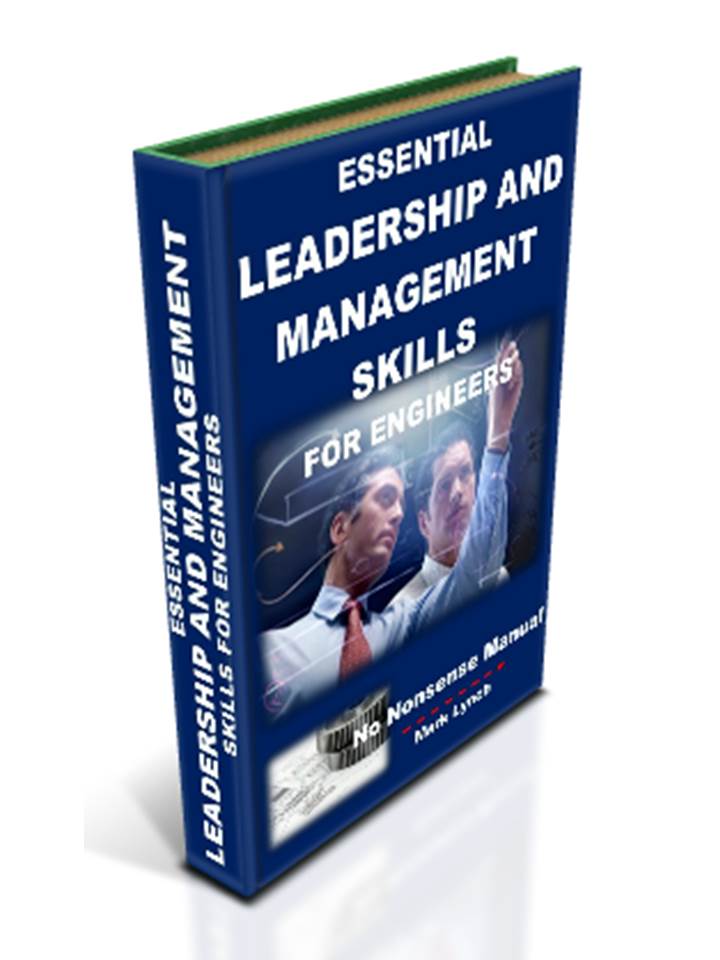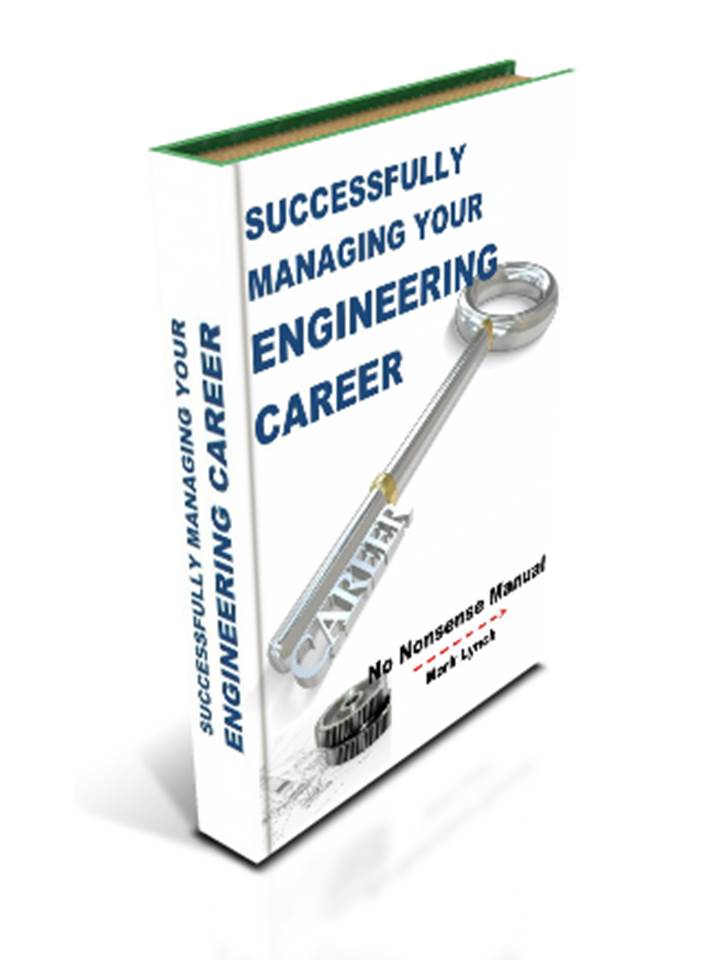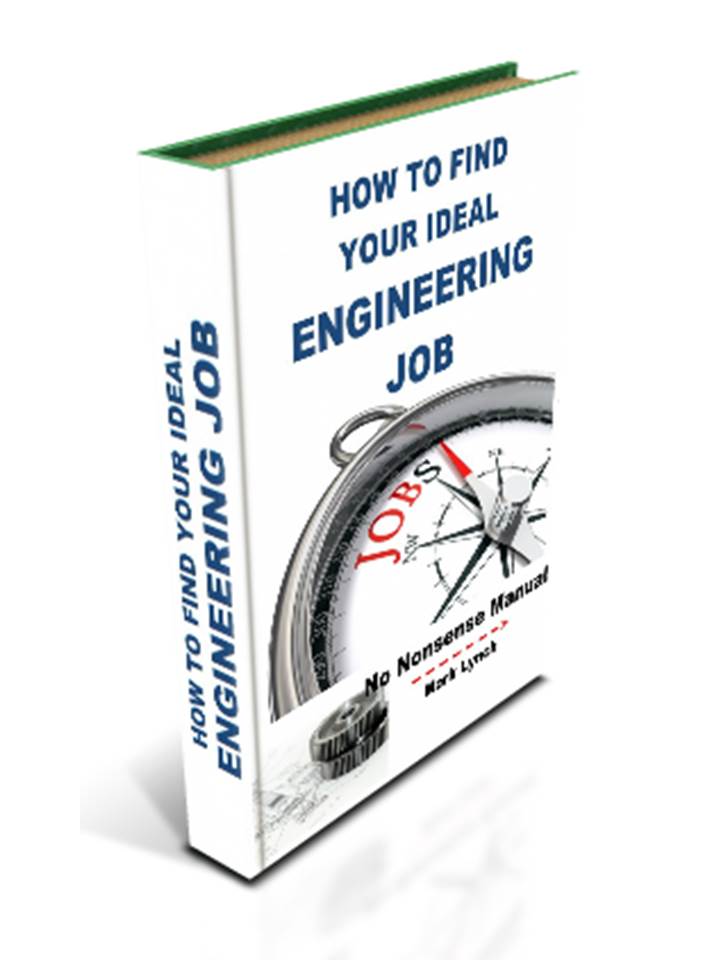'Hands-on Help for SMEs' and Smart Technical People'
Engineering Career Routes:
Academic and Vocational Paths
Career Management for Engineers
There are a number of routes to a rewarding and satisfying engineering career. Because it is such a broad profession you can develop your career path to suit your interests and strengths. Personal interest is often sparked early and should be honed and encouraged. Whether your strengths lie in any of the following areas, there's a fulfilling future for you in engineering:
- Taking things apart and putting them together
- Drawing
- Mathematics and the sciences
- Mending and maintaining
- Buildings, bridges and structures
- Cars, trucks, trains, planes, ships or space
Looking at the various engineering qualifications described earlier, you will have noticed some of them are vocational in their nature, whilst others are academic. Broadly speaking, but not always, the two general paths are:
Engineering Career Routes: What are the options?
Academic-Graduate Engineer Route
- Roles based on technical and analytical knowledge
- Involved in engineering design, analysis and testing
- Tasks may include new designs, innovation, R&D and product development
- Engineering graduate development programmes provide exposure to different parts of the business where individuals can often find their preferred niche.
- Tasks can include technical project and programme management, including financial management
- Leadership and man-management responsibilities
- Registration as an Incorporated or Chartered Engineer
- Current and future roles include design engineer, technical design authority, engineering manager, chief engineer, chief technical officer and engineering director
Engineering Career Routes: What are the options?
Vocational-Technician Route
- Roles based on practical skills and applied industrial know-how
- Apprenticeships are a well-regarded vocational route into the engineering profession
- Involved in manufacturing processes, operational tasks, installation, commissioning, maintenance and servicing
- Supervisor and team leader
- Current and future roles include technician, operator, specialist technical roles, skilled craftsman, production and manufacturing engineer.
- Professional Registration as an Engineering Technician and (with additional study) Incorporated Engineer
- With the acquisition of additional skills and qualifications an Incorporated Engineer’s future roles may include production and manufacturing management, with the potential to then follow the routes for the senior positions outlined above.
Engineering Career Routes: What are the options?
Industry and engineering businesses require engineers and technicians from both routes if they are to function successfully.
There is a demand and skills shortages in both areas.
Both contribute to producing tangible valuable results and have the potential for fulfilling interesting careers.
Importantly, whether technicians and engineers enter the profession via the academic or vocational path, they will have opportunities to switch, specialise, and constantly build on their knowledge and skills. As such, engineering career route choices can be tailed to suit you. Manufacturing processes and technical knowledge are constantly changing and improving. Those prepared to continually learn and progress dramatically improve their chances of leading a satisfying, well paid career.
Made Her Now tells the story of modern-day industry through a series of articles, stunning pictures and video on four exemplar companies.
AES, Bentley Motors, Plessey Semiconductors and FormFormForm have opened their factories to give leading authors and photographers the chance to explore their shopfloors and discover innovations, new technologies, skills and opportunities and create a picture of how they are shaping future developments.
A total of 46 organisations have already backed the website, which is setting out to educate young people on the career opportunities in manufacturing, influence academics and politicians and change perceptions of the nation’s industrial strengths. More...
Engineering Career Routes: What are the options?
Qualifications Advice Conclusion
For those people who are serious about progressing to senior roles within their industry, technical qualifications are crucial. As well as demonstrating the level of competence you’ve attained, they also generate a tremendous feeling of satisfaction and achievement. Once completed, no one can take them away from you.
From the point of view of the business, clearly there are commercial and technical advantages of employing highly skilled, knowledgeable and well qualified staff. Their expertise directly contributes to great services, processes and products, which ultimately make the business more profitable.
Achievements are there to be proud of, as well as demonstrating professionalism and competence. As such, include undergraduate, postgraduate and research degree post-nominals after your name on business cards. However the subject of qualifications should not be divisive within an organisation. Instead they should be something all technical employees (particularly young people) strive for.
The idea of increasing the level of qualifications should be fully incorporated into company culture, through schemes such as day release, inclusion in staff appraisals and career plans. Only then will the benefits listed earlier on in this section, start to filter through for both individuals and businesses.
Back to Your Career Management
Based on your experience, what’s the Single Best Piece of Advice you’ve heard for a Great Engineering Career?
Have you had an inspirational coach, mentor or manager? Knowing what you know now, what’s the single most effective piece of advice you’d give to a young engineer coming through now?



